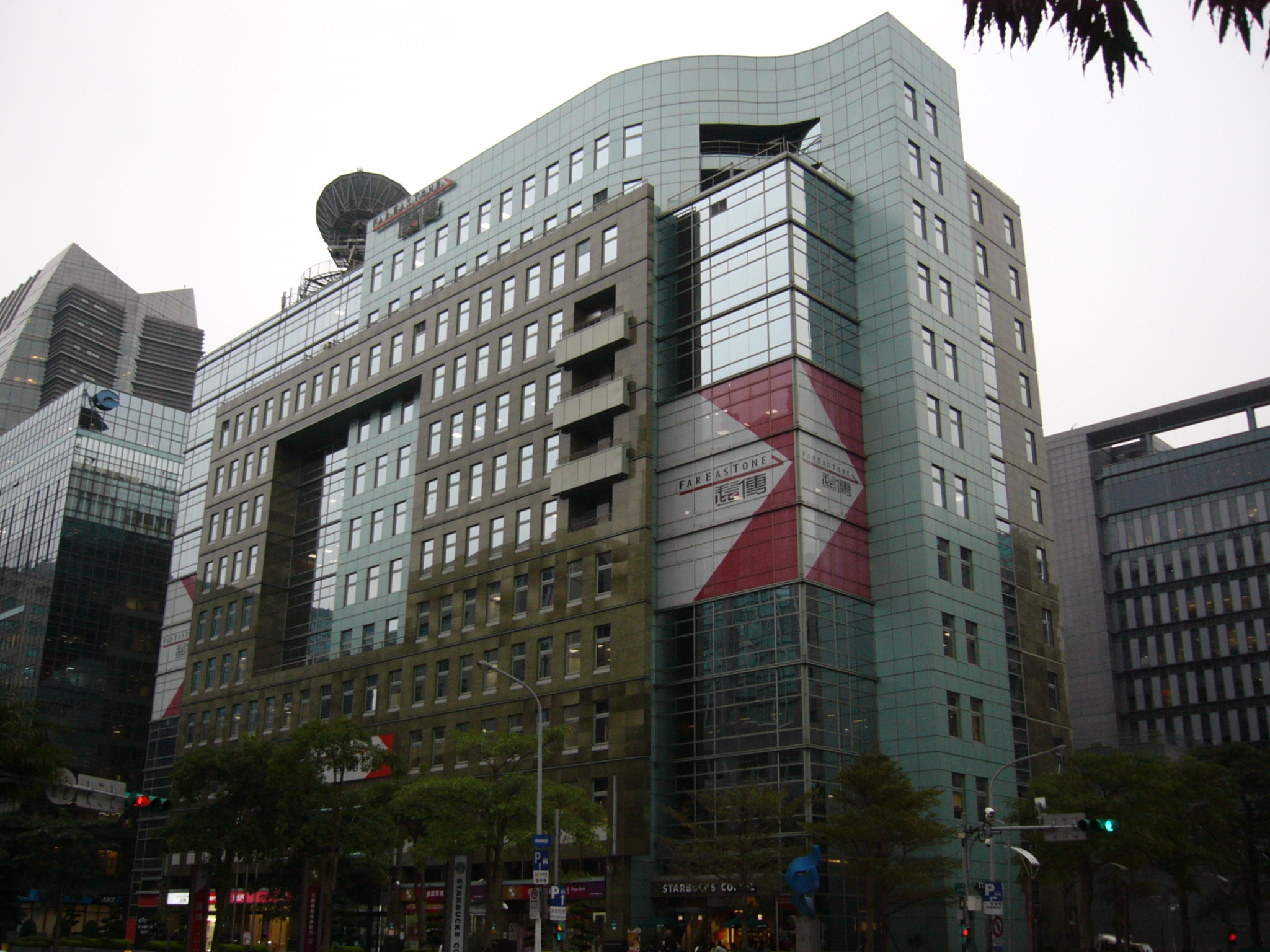
Smart City Telecom (Smart City Telecommunications, LLC) is a telecommunication company based in Florida that runs as an incumbent local exchange carrier. The firm offers a wide range of products and services including business voice residential voice, business broadband, and residential broadband as well as infrastructure services.
Moreover, it operates and owns extensive networks that consist of transport and switching equipment, inter-exchange points, and remote access devices, copper cabling and underground optical fiber, a wireless broadband network, CATV transport as well as other equipment supporting the data, voice and video services. Smart City Telecom is based in Florida, in Lake Buena Vista and was founded in 1985. Currently, it runs as a subsidiary of Smart City Networks.
Telecom Industry Opportunities in a Smart City

Urban areas and cities are growing rapidly and with even a greater impact on human life. According to a report by United Nations, urban population has grown to more than 3.9 billion people in 2014 from less than 1 billion people in 1950. The report further predict that by 2050 urban population will grow to about 6.5 billion people, which is 70 percent of the world’s population.
With the rapid urban population growth, one of the major challenges that the world will face in future is managing towns and cities with more than 10 million inhabitants. Essentially, enhancing the well-being and quality of life of the urban population, preserving natural resources and laying foundations for sustainable urbanization is the ultimate challenge.
According to the UN, cities offer important opportunities for expanding access to basic services and economic development, including education and health care for a huge number of people if well managed. Usually, providing public transportation, electricity, housing, sanitation and water for urban population that is densely settled is less environmentally damaging and more affordable as compared to offering similar services to a rural population, which is dispersed.
Therefore, the cities offer the greatest opportunities for enhancing human lives through better innovation and infrastructure, especially for rising economies. Smart City has emerged as a concept in this context since it is about using information communications and technologies services (including machine-to-machine communications) and digital technologies to enhance infrastructure and services of the city.
It involves embedding smart devices such as computerized sensors into the urban fabric, which gather information in real-time before sending it back to the intelligent analytics systems for processing. The results then used to optimize major city services like healthcare, energy supply and transport systems. With the great environment, a wide variety of building/home appliances and city equipment such as traffic lights, city equipment, car parks, energy meters, bike racks, plugs and elevators will be connected as the Internet of Things (IoT) network.
There are many announcements on Smart City projects, which include initiatives that target transforming existing cities into smart ones such as Dubai, Barcelona or London. With countries such as India and China planning to start several Smart City Projects, the latest development is expected to accelerate. The commercial and development affordability of big data analytics technologies and digital sensors coupled with cloud computing and broadband mobile connectivity have also made these projects possible.
However, there are still some technology obstacles left. Some of the major challenges that need to be solved include standardization and security. When it comes to standardization, the key issue is lack of unified standard. Besides, there is also a problem with fragmentation of the IoT (Internet of Things) into many platforms and organizations even with introduction of open wireless connectivity standards for smart objects like Zigbee.
Benefits of Smart City Projects in the Communication Industry

Smart City technology solutions will largely focus on data transport and connectivity services. This is the primary core competence of Communication Service Providers (CSPs). However, there will be great need of investing in their software and network management systems to manage a proliferation of smart devices as well as the new traffic patterns that result from them. Networks will be required to offer significantly higher Service Level Agreements (SLAs) and Quality of Service to cater for essential services in transport and healthcare domain. Nevertheless, Smart City projects provide a great opportunity for Communication Service Providers (CSPs) to play a role beyond the traditional data pipes and add more value.
Usually, the CSPs have an excellent experience and infrastructure of managing and monitoring performance of complex networks. This puts them in a perfect position to monitor, manage and supervise the quality of service and performance of the new city domains such as smart buildings. Besides, CSPs have long experience handling cyber-security threats and trusted brands. This means that they are at a better position in providing billing and security solutions for Smart City Projects.
With Smart projects, there is a chance to leverage the big data analytics and cloud computing technologies in order to provide value to added solutions. In Smart City and the entire IoT, there will be collection of huge amounts of data that can be analyzed for different purposes.
Moreover, the CPSs have the billing and connectivity infrastructure, but they need to invest in creating data centers with suitable computing capabilities and implements solutions in analytics that link network data with the extensive IoT ecosystem. With these adjustments, the CSPs will be in a perfect position to provide value added solutions to Smart cities and a toolbox for third parties to develop their own solutions.
In conclusion, the Smart City system is complex with a number of stakeholders including utilities, system integrator, municipalities, technology providers and real estate developers. Therefore, the CSPs have to transform their business models, current organizations, IT and network system to tap into this opportunity and to play the role of added solutions integrator.

Denis is an article/blog and content writer with over 7 years of experience in writing on content on different niches, including product reviews, buyer’s guide, health, travel, fitness, technology, tourism. I also have enough experience in SEO writing.













